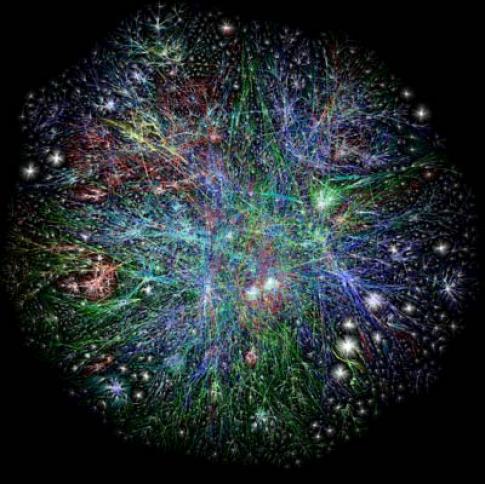Google Plans Stronger Copyright Protections

Rightsholders can expect Google to be more responsive to their concerns in the months ahead.
By Thomas Claburn , InformationWeek
Google may have come of age during a time of copyright turmoil, and benefited from businesses like YouTube that built an audience through lax copyright enforcement, but these days the company seems to be more interested accommodating intellectual property holders than alienating them.
Some sticking points remain: The company allows advertisers to buy trademarked search keywords and to include trademarked terms claimed by third parties in their ad copy. Such practices have earned Google almost 10,000 complaints from about 5,000 trademark holders in the period from 2004 through 2009.
Renet Khasanshyn, CEO of data integration software vendor Avatar, talks about the company's product, which links data between different kinds of systems, whther Salesforce.com apps, Microsoft or Oracle databases, and Microsoft Excel files.While tensions between rightsholders and the sharing constituency can be expected to remain, Google's previous strategy of seeking forgiveness rather than asking permission has given way to something more pragmatic. On Thursday, Google said that it will be implementing four changes in the way it handles copyright issues.
In a blog post, Google general counsel Kent Walker characterizes the changes as a response to an expanding Web that brings with it a growing number of complaints about copyright infringement.
BI For Mid-Size Companies
First, Walker says that Google will make it easier for rightsholders to submit DMCA takedown requests, so that such requests can be dealt with in 24 hours on average. He also says that Google will improve its counter-notice tools and make takedown notices publicly searchable. Ideally, such tools will help legitimate rights claims even as they limit abuses of the system, such as efforts to silence lawful speech or deny fair use rights.
Abuses of this sort continue to plague educators, notes a person commenting on Walker's post who identifies himself as Bill Wolff. Wolff says that as a teacher of video composition and remixing, he and his students must frequently file counter-notices to prevent the takedown of copyrighted material that has been used lawfully.
In an e-mail, EFF senior staff attorney Corynne McSherry called Google's proposal vague and said that copyright should work better for both creators and users online. She urged the company to forward takedown notices to those targeted, in order to allow an informed decision about whether to file a counter-notice.
She also suggested that Google "should create a process through which users can earn recognition that they use their accounts for legitimate purposes," thereby earning the right to dispute takedown requests before a takedown occurs. "That may help ensure, for example, that political campaigns don't risk having their latest message taken down for two weeks, just before an election, as a result of an improper DMCA notice," she said.
Google's planned changes go beyond takedown procedures. The company plans to block search terms associated with copyright infringement from appearing as Autocomplete suggestions. Evidently, Google worries that algorithmic search suggestions may be seen as an endorsement of unlawful behavior. This was an issue in China last year: Chinese authorities did not appreciate it when Autocomplete reportedly suggested certain unlawful search terms.
Google also intends to improve oversight of its AdSense service. The company aims to prevent Web sites that host infringing content from collecting ad revenue.
Finally, Walker says that Google plans to make authorized preview content -- MP3 songs that appear in search results, for example -- more accessible. "We'll be looking at ways to make this content easier to index and find," said Walker.
To further demonstrate its commitment to protecting the interests of rightsholders, Google's YouTube on Thursday observed the third anniversary of Content ID, its online rights management technology. Content ID allows rightsholders to claim content that has been uploaded without authorization.
It remains to be seen whether Google's declaration of sympathy for rightholders ends up helping the company in other areas where rightsholders are frustrating its ambitions, like Google TV. But the imminent launch of Google Editions, after a long legal struggle, shows that Google can reach an accord with at least one powerful group of intellectual property owners.




 del.icio.us
del.icio.us Digg
Digg

Post your comment